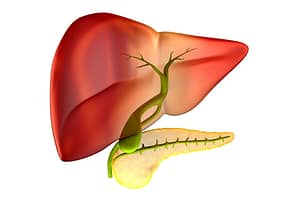Browsing: Health and Wellness
Comprehensive Information, Resources, and Support on Health and Wellness
NG Tube Insertion in Critical Care: Supporting Patients in Intensive Care Units
Patients in critical care units (ICUs) often face conditions that restrict them from eating or drinking normally. Nasogastric tubes (NG…
What to Look For in Supplements: A Guide to Natural Ingredients
In the vast market of dietary supplements, discerning which products are beneficial for your health can be a daunting task.…
Exploring The Best Health and Fitness Apps in Your Wellness Journey
Technology has become an invaluable tool for supporting our health and fitness goals. It is important to track workouts to…
Optimal Fitness Routines for Effective Weight Management
Weight management is a common goal for all individuals. It is important to find the right fitness routine to achieve…
Mastering Your Morning: A Guide to a Beautiful Start
The mornings set the tone for your entire day. As we start our days with mornings, it can significantly impact…
Image Source In the vast and ever-evolving world of dietary supplements, one amino acid has steadily gained recognition for its…
Navigating the pharmaceutical supply chain presents a formidable challenge due to its intricate nature. From sourcing raw materials to delivering…
Individual behaviors and preferences can vary greatly from person to person. From hobbies to dietary choices, Americans exhibit a wide…
Why Do People Tape Their Mouths? Let’s Learn about This New Hack!
Amid rising concerns about the prevalence of sleep disorders, social media often remain abuzz with the latest trends, enlightening followers…
The Rise of Custom Telehealth Solutions: Reinventing Healthcare Access
Telehealth has emerged as a powerful force in the healthcare industry. Offering remote medical care services has drastically changed patient…













